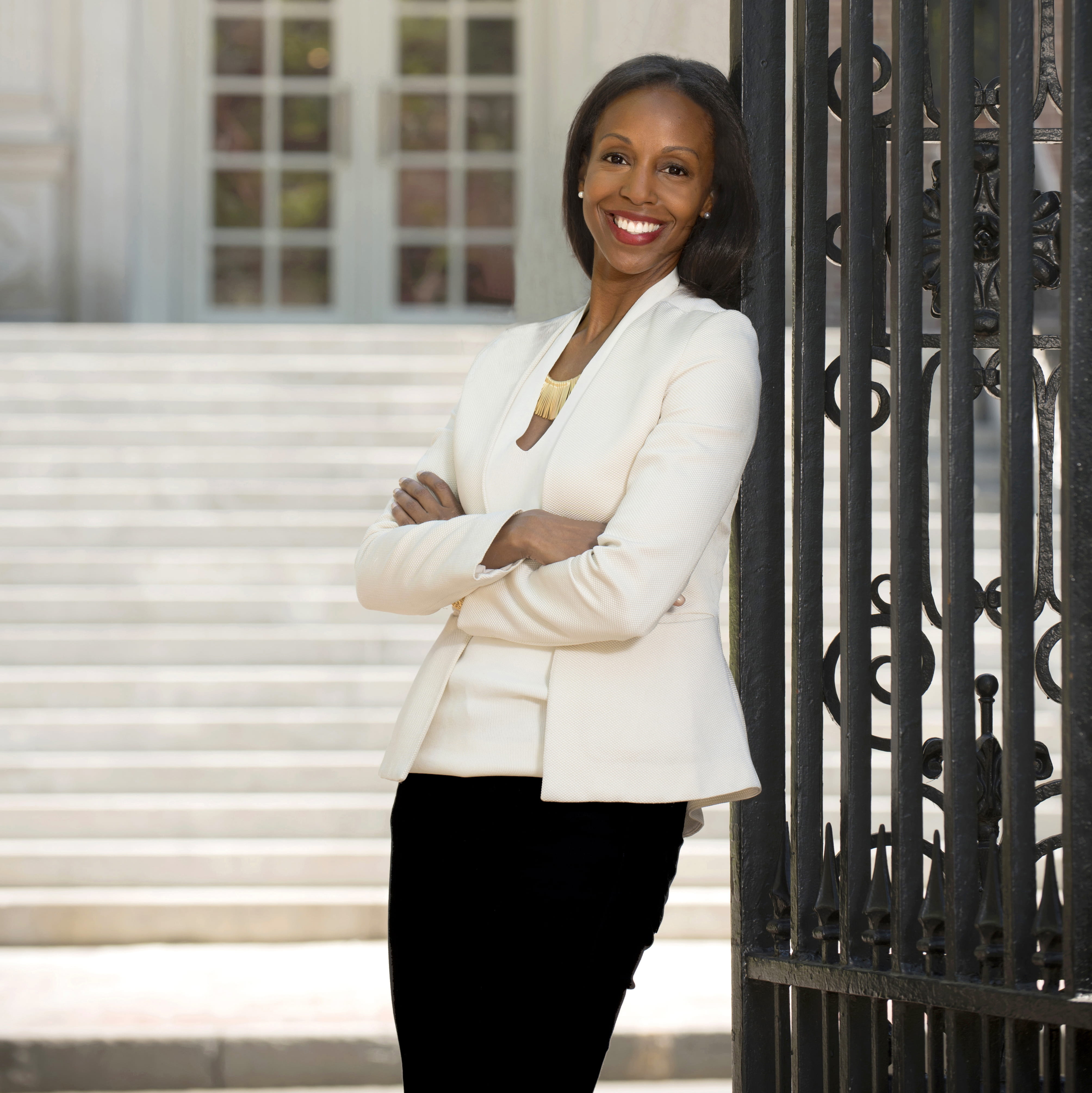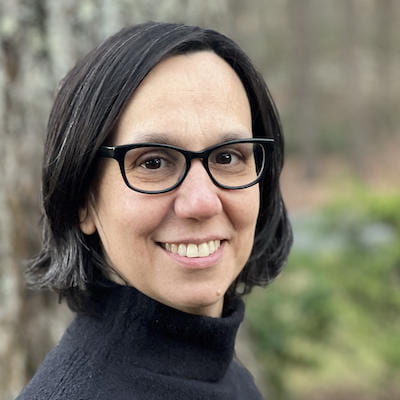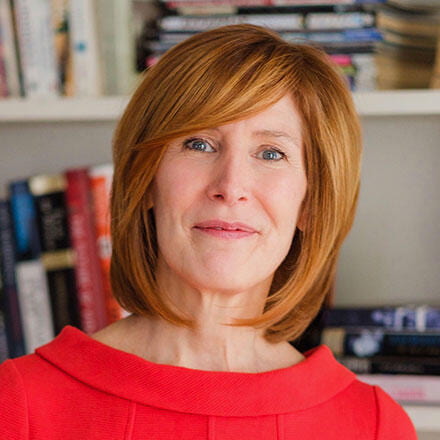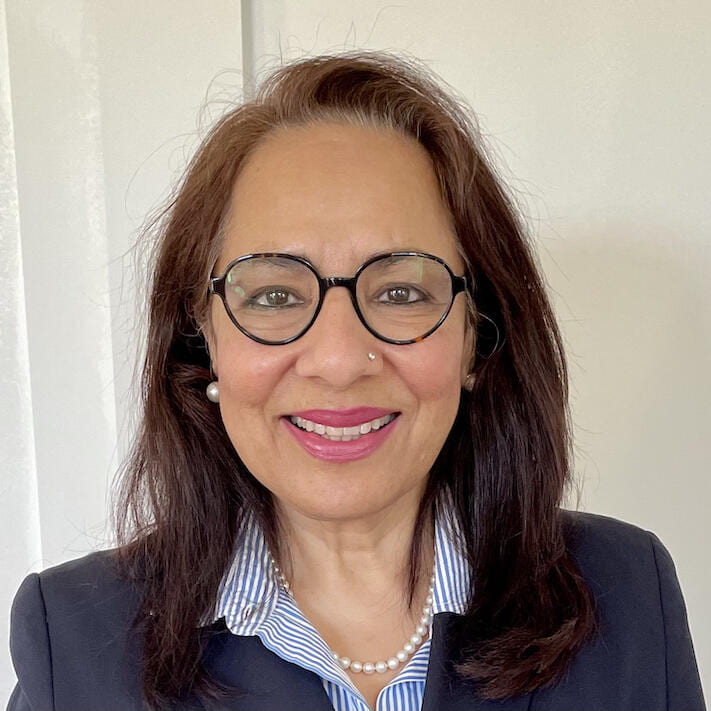
Speakers & Panelists
Keynote Speaker

Sarah Elizabeth Lewis
Sarah Elizabeth Lewis is an art and cultural historian whose research focuses on the intersection of visual representation, racial justice, and democracy in the United States from the nineteenth century through the present. She is the John L. Loeb Associate Professor of the Humanities and Associate Professor of African and African American Studies at Harvard University where she serves on the Standing Committee on American Studies and Standing Committee on Women, Gender, and Sexuality. She is also founder of Vision & Justice, a catalytic civic initiative that generates original research, curricula, and programs that reveal the foundational role visual culture plays in generating equity and justice in America.
Her published books and edited volumes include The Rise: Creativity, the Gift of Failure, and the Search for Mastery, translated into seven languages, Carrie Mae Weems, which won the 2021 Photography Network Book Prize, and the “Vision & Justice” special issue of Aperture magazine, which received the 2017 Infinity Award for Critical Writing and Research from the International Center of Photography. Her forthcoming publications include The Unseen Truth (Harvard University Press, 2024), Vision & Justice (One World/Random House, Fall 2025), and Groundwork: Race and Aesthetics in the Era of Stand Your Ground Law. An in-demand public speaker whose past engagements include TED and SXSWedu, she has had op-eds, commentary, and profiles of her work published in outlets including The New York Times, Aperture, The New York Review of Books, The New Yorker, The Atlantic, and The Boston Globe.
Photo by S. Rosner
Additional Speakers and Panelists

Emily Bottis
Emily Bottis is the Managing Director of Academic Technology at HUIT. In this role, she oversees the University-wide and FAS portfolio of teaching and learning technologies and related service and software development teams that ensure technology is used to its fullest potential. Emily also leads the development and design of the Learning Experience Platform (LXP), a custom-built learning platform designed to meet Harvard’s diverse pedagogical needs.
A graduate of Brown University, Emily has centered her career on custom software development with a special focus on the creative use of technology to solve novel problems. Her experience includes building the subsidized childcare system for the state of Massachusetts, citizen science projects, user-generated museum exhibits, and online learning platforms. Before joining Harvard, Emily served as the Director of Interactive and Information Technology at the Museum of Science, Director of User Experience at Harvard Business School Online, and Director of Product Management at Extension Engine.
An active technology maker, Emily’s work includes grant-funded community-based interactive experiences and award-winning applications.

Beth Clark
Beth Clark is the Chief Information Officer at Harvard Business School, where she oversees information technology (IT) professionals committed to helping advance the teaching, learning, research, and administrative mission of HBS, and plays a critical role in establishing and driving forward HBS IT strategy with an emphasis on strengthening IT security and compliance efforts.
Clark joined HBS in 2013 as managing director of educational technology services. In the intervening years, she has spearheaded initiatives ranging from the successful implementation of several enterprise technology solutions—including Canvas, Salesforce, ServiceNow, and Zoom— to ongoing IT operational improvements that enhance service to the HBS community. Most recently, as deputy CIO, she led the development and deployment of hybrid and virtual classroom models that enabled crucial pedagogical flexibility during the COVID-19 pandemic.
Before coming to HBS, Clark was director of instructional design and e-teaching services for Boston College. She also holds a PhD in higher education administration from Boston College, a master of social work from Boston University, and a bachelor of arts from the University of Massachusetts. She regularly speaks on topics including IT in higher education, change management, and women in IT, and she has published on women in IT and diversity in higher education.

Daniel Hawkins
Daniel Hawkins is the Chief Information Officer at Harvard Divinity School (HDS), overseeing all aspects of information technology. Since joining HDS in 2002, Daniel has contributed to the school’s technological evolution, leading the Office of IT & Media Services since 2009. In this capacity, he has been instrumental in aligning IT initiatives with the overarching mission of HDS, fostering an environment conducive to academic excellence and technological innovation.
With over two decades of IT experience at Harvard University, he previously held roles at the Faculty of Arts and Sciences and Harvard Business School. Daniel provides strategic leadership, supervises instructional technology, media services, hardware/software provisioning, application services, and web development, and collaborates closely with faculty, staff, and senior administrators to implement IT strategies and deliver on key initiatives. He ensures compliance with University information security and data privacy policies, working in partnership with the HDS community and Harvard University Information Technology (HUIT).
Daniel holds a Bachelor of Arts in Music Production & Engineering from Berklee College of Music, and he was named a Harvard Hero in 2019. His blend of technical and strategic planning skills, university expertise, and dedication to supporting the HDS mission distinguishes him as a valued partner and leader in the broader Harvard IT community.

Klara Jelinkova
Klara Jelinkova is Vice President and University Chief Information Officer at Harvard University. She is responsible for information technology strategy, policies, and services that support the University’s teaching, learning, and research mission, and business operations. Klara also leads Harvard University Information Technology (HUIT), Harvard’s central IT provider that serves more than 50,000 educators, students, and staff. Before joining Harvard, Klara was the Vice President for International Operations and IT and Chief Information Officer at Rice University. She has previously held IT leadership positions at the University of Chicago, Duke University, and the University of Wisconsin-Madison.
Klara holds a Doctorate in Education from Johns Hopkins University, a Master’s in Education from Boston University, and a Bachelor’s in Economics and Slavic Languages from the University of Wisconsin-Madison. She currently serves on several advisory boards of Fortune 500 companies and is a former member of the Internet2 board of trustees. Klara was selected as the Houston CIO of the Year in 2021, and for her work related to identity and access management she received the Internet2 Leadership Award in 2019.

Farhat (Meena) J. Lakhavani
Farhat (Meena) J. Lakhavani is the Chief Information Officer at the Harvard Kennedy School. She has management responsibility for delivering all information technology services for HKS internal users and a global audience for its research and teaching. As CIO, she works closely with the senior leadership to develop a strategy that supports the academic and administrative programs. She serves as the HKS lead for University-wide IT initiatives and projects.
Meena has extensive higher education experience. Before joining HKS in January 2021, she was CIO & Vice Provost at the State University of New York at Erie, where she led transformational changes. Before joining SUNY Erie in 2016, she held various positions at Carnegie Mellon University for over 28 years – from Manager of Research Computing to the Director of Academic Technology Services Strategy. She has also taught in the undergraduate, graduate, and executive programs at Carnegie Mellon. Meena holds a B.A. in Humanities, an M.S. in Computer Science, and has completed doctoral course work in Computer Science at the University of Pittsburgh. Meena has presented IT-related work at national & international conferences and other forums. She has also published extensively. She actively participates in various national organizations and has served on advisory committees such as the EDUCAUSE Professional Development Advisory Committee.

Stuart Snydman
Stuart Snydman has served as Associate University Librarian and Managing Director for Harvard’s Library Technology Services (LTS) since July of 2019, joining Harvard after serving the Stanford University Libraries for over twenty years. Stuart leads LTS in planning and developing the library technology portfolio and maintaining reliable enterprise library applications to facilitate search, discovery, and access to knowledge. LTS also designs solutions to enable creation of world-class scholarly collections through acquisition, collaboration, and digital repository services.
Stuart earned a BA in History from the University of Virginia and an MS in Education from Stanford University. He got started in the field of digital libraries in 1999, managing a five-year effort to digitize and preserve the publications and documents of the General Agreements on Tariffs and Trade, a two-million-page archive held at the World Trade Organization in Geneva, Switzerland. He subsequently managed several large-scale projects to preserve and provide online access to unique library collections. He served as the Associate Director for Digital Strategies at the Stanford Libraries between 2014-2019 overseeing the digitization program and the development of the libraries’ online services.
Over the course of his career in library technology, Stuart has focused on not only building state-of-the-art, open-source software to advance Stanford and Harvard’s digital library infrastructures, but also on cultivating a community of cultural heritage institutions to collaboratively solve complex technical problems that we have in common. Stuart helped found the International Image Interoperability Framework, which brings together the world’s great image repositories to develop and implement a common technical framework for sharing content on the web. He subsequently led the development of several widely adopted, open-source tools that facilitate discovery of and access to digital information resources.